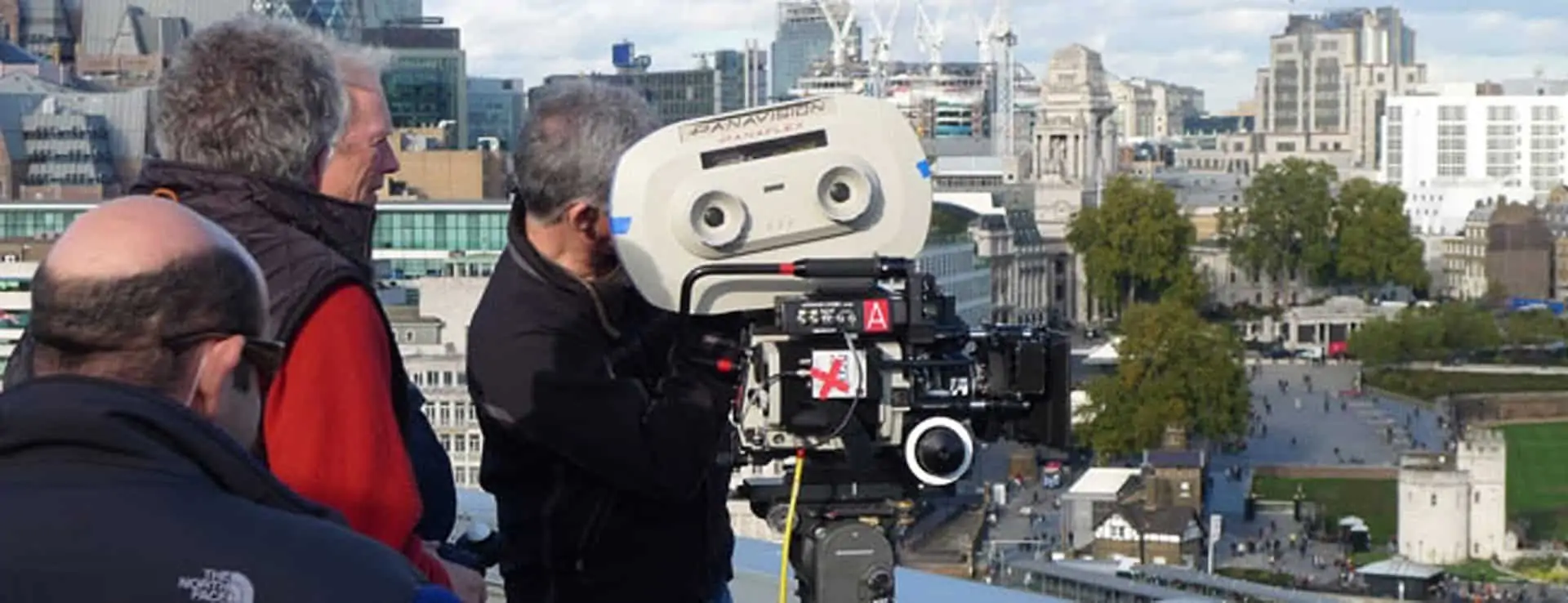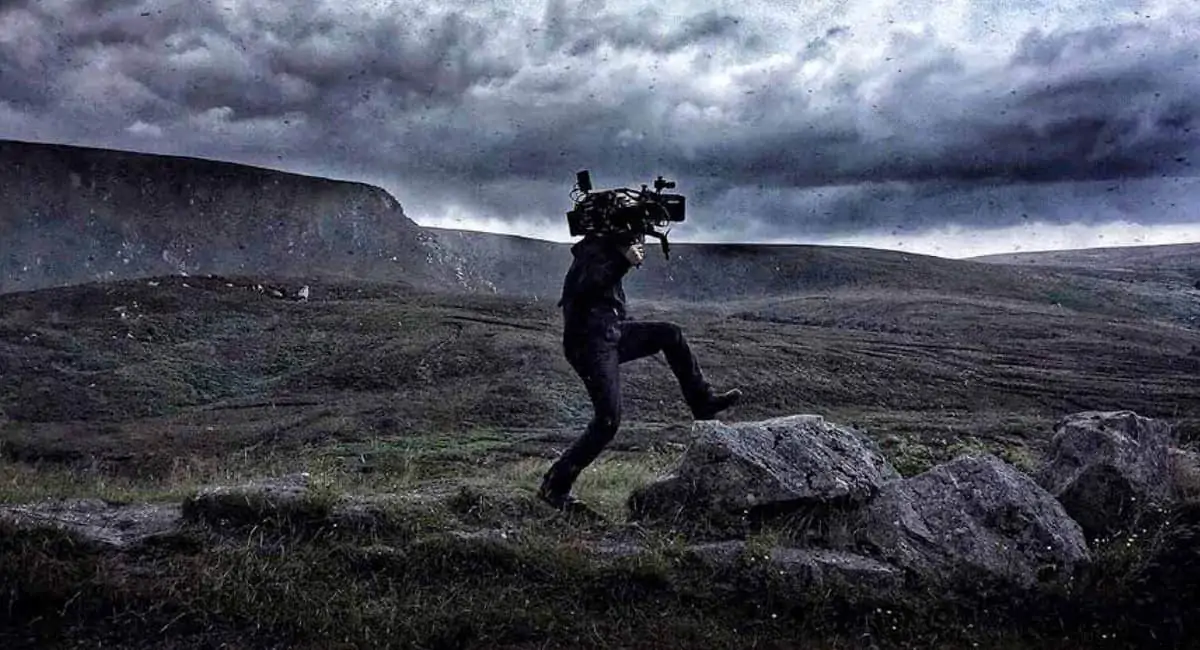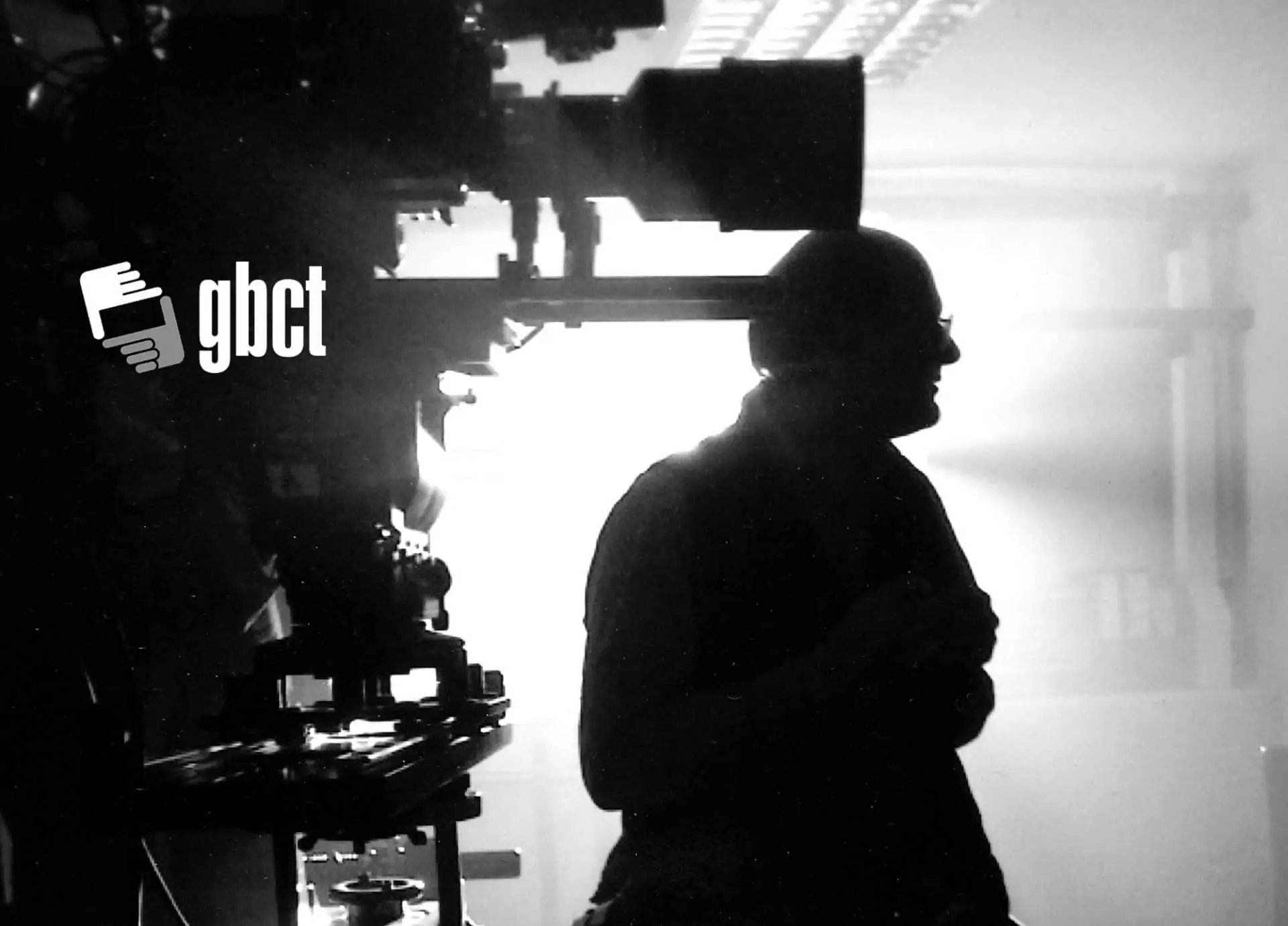The Brexit Effect
GBCT News / John Keedwell

The Brexit Effect
GBCT News / John Keedwell
It has now been several months since the decision for the UK to leave the European Union and, after the inevitable turmoil in the financial markets has died down, most stocks have returned to levels above the time of the vote. The exception to the rule is currency market and, at the time of writing, the pound is hovering around $1.30, down from about $1.45 before the vote. Not a total disaster and meltdown as it was predicted and forecast, yet it's still significant and will certainly affect some aspects of the business.
The full implications of the future exit from the European Union have yet to be fully understood, yet there are both potential positives and negatives from the outcome.
Many in the UK have taken a pessimistic view about the effect Brexit will have on future investment in film and TV productions, yet looking Hollywood’s point of view the industry will potentially look like an incredibly attractive investment and there will be potentially huge international funds queuing to be invested in British cinema. There is a perceived vacuum about to be left by the reduction in EU funding and our friends across the Atlantic are apparently keen to fill that vacuum and see a great potential in a few years time in the UK film and TV business.
Another potentially more important advantage of the Brexit vote is that the UK will now be able to use its independence to create a more attractive environment in the world for international filmmakers. The UK could well become the first choice location for many producers, and the film and TV industry is arguably in the strongest position ever to lobby the UK government for robust tax incentives going forward for the film business.
Clearly time will tell whether this goes one way or the other, however the fuss has generally died down now so the next two years will be pivotal in how movies are structured and financed.
I will leave you with three quotes from Henry Ford the founder of the Ford Motor Company, all of which are particularly relevant to the Brexit vote.
- Don't find fault, find a remedy.
- Failure is simply the opportunity to begin again, this time more intelligently.
- Whether you think you can, or you think you can't – you're right.
And two famous quotes from the real event (and film) Apollo 13
NASA Director: This could be the worst disaster NASA's ever experienced.
Gene Kranz: With all due respect, sir, I believe this is gonna be our finest hour.
And:
Gene Kranz: I don't care about what anything was DESIGNED to do, I care about what it CAN do.
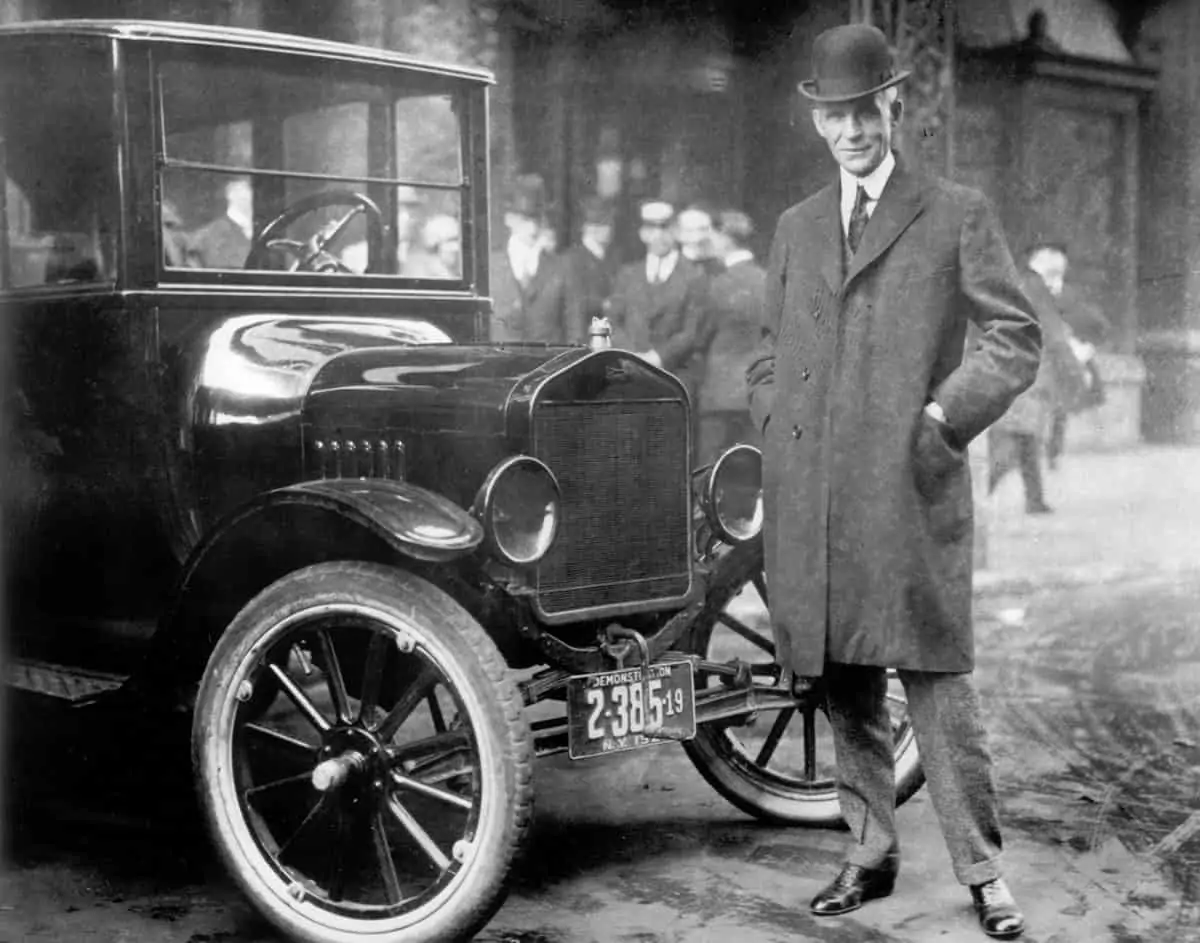
GBCT Camera Trainees 2017
It is again the time of year when the GBCT has started sifting through and evaluating the applications for new GBCT Trainees going forward in 2017. If you were looking to apply in 2016 the deadline for applications has sadly passed, and all the applications are now being carefully scrutinised to find the very best next generations of trainees for the year going forward. After the applications are selected for the first interview, the next stage is the interview process, taking place in September and October at the GBCT offices in the Panavision building in Greenford.
The GBCT training scheme is widely regarded as one of the very best training schemes for young talent, who have a passion for cinema, to start to gain a foothold in the business, and applications are very carefully screened and examined. The entry procedure and process to be successful is rigorous and extremely thorough, and is designed to find the very best people for future productions. It is not for the fainthearted and those who succeed are ultimately extremely highly-regarded throughout their career and across the business.
Clearly not everybody who applies will be successful, yet those who are selected will have the very best practical knowledge taking them forward to an illustrious future career within the industry. Anybody who works within the business knows it is not a static environment and we keep on learning throughout our careers, and as technology develops we get to use some of the finest equipment alongside the finest camera crews and technicians in the world.
As part of the application process there is a trainee course in November that is run full-time over a period of six days, and on day six of the course those attending will be given three sets of tests – oral, practical and written – which incorporate what they should have learned during the six-day course. The final selection is then made based on those results.
On Wednesday, 30 November 2016 the decision will have been made and those selected to be the next GBCT camera trainees can then call themselves a Guild Trainee when looking for work, but the official start date for them is January 2017.
As a guide it is likely those selected will be trainees for a period of 18 months to two years after they've been accepted, and they are expected to find their own work was well as keeping a log of what they've learned and the productions they have worked on, so few further discussions on needs and requirements can take place on a regular basis.
The GBCT in its role will continue to keep in contact and will ensure the trainees are provided with the very best on-going tuition and practice using industry standard techniques and equipment. Clearly some trainees will be working with camera crews who will request them for future productions and they will hit a rich vein of work, and it is a part of the business to learn about networking and getting in touch with the busiest and best camera crews available.
The GBCT provide the best training and connections within the business and the scheme has created many extremely talented technicians who go forward to be extremely valuable members of the team. The GBCT rightly see the trainee scheme as a huge benefit to the future of excellence in technicians, and it is really the flagship advantage of being a member of the GBCT, along with the many other excellent training courses held throughout the year.
If you are looking for a future career within cinema and television the training scheme is the very best and you can start working towards an application in 2017 and starting in 2018. Some previous experience is necessary to move forward so if you are in a position to apply in 2017 then work towards that application starting now.
"The GBCT training scheme is widely regarded as one of the very best training schemes for young talent, who have a passion for cinema, to start to gain a foothold in the business."
- John Keedwell

GBCT Digital Seminars and Training in 2016-2017
Clearly the next few years will potentially be pivotal, and will be potentially frustrating and also potentially liberating, so it really is how you approach the Brexit vote as to how you go forward. In the cold light of day there are much bigger issues in the world than Brexit. It is however, the time to hone those skills you have and make sure you are the very best at what you do within your particular field of expertise. The only real way of learning is by taking a practical course or by learning on the job like the trainee scheme mentioned above.
Realistically the technical aspects of business are changing so quickly it is a constant challenge to keep up with the changes in cameras and techniques used in current cinema and TV. Starting in September there will be a series of GBCT seminars dealing in all aspects of current production from a technical viewpoint. Whilst they are short in nature, they are all looking at current technology and practices, so are crucial to understand.
While some aspects of the business will be common for many years to come and totally non-camera specific in nature, such as lighting, lenses and how they are used, and camera movement and operations for example. However, technology has a habit of affecting many other areas, and new lights are invented, new lenses are introduced and new camera movement devices are also produced.
So it's vitally important to keep on top of the latest trends and you won't get to learn that by simply going to an exhibition or trade show, the only way to really learn the skills of to immerse yourself in an intense training programme. For you to simply stay still doing what you have always done will mean you will go backwards in this current dynamic and ever-changing vibrant business. It is with this in mind the GBCT has developed the very best training within the business today and going forward from September onwards here are some of the training courses you may be looking to attend. If that's the case please get in touch with the GBCT office and they can tell you more. I also enclose a link to the website at the end of this article for more up-to-date information.
These workshops and seminars are generally held in the evening and last approximately two hours. They are led by specialists at the forefront of digital cinema technology and they provide a great opportunity to get a unique perspective and ask questions you want to understand. They also provide a great networking opportunity as the business is highly diverse and sometimes it's hard to meet other people in the same area.
GBCT Seminars (from September 2016 onwards…)
Introduction, Cameras and Formats
Gives an introductory overview of the various types of digital cameras and recording formats, highlights the strengths and weaknesses of each and discusses the ways to test and choose the appropriate format for a job. Introduces resolution, bit-depth, compression, transfer function and colour space.
Working with RAW
Gives an understanding of what is meant by 'Raw', including discussion of different types of digital sensors, the ways different cameras handle processing, file formats and compression, bit resolution. Discusses on-set monitoring and implications of recording Raw for post-production.
Seminar led by a Camera Designer / Engineer.
Understanding Gamma and Working with Log
Gives an understanding of what is meant by 'Log encoding', including discussion of gamma and transfer functions. Describes what 'Rec. 709' means. Discusses how different cameras handle Log encoding, on-set monitoring and implications of recording in Log for post-production. Seminar led by a Camera Designer / Engineer.
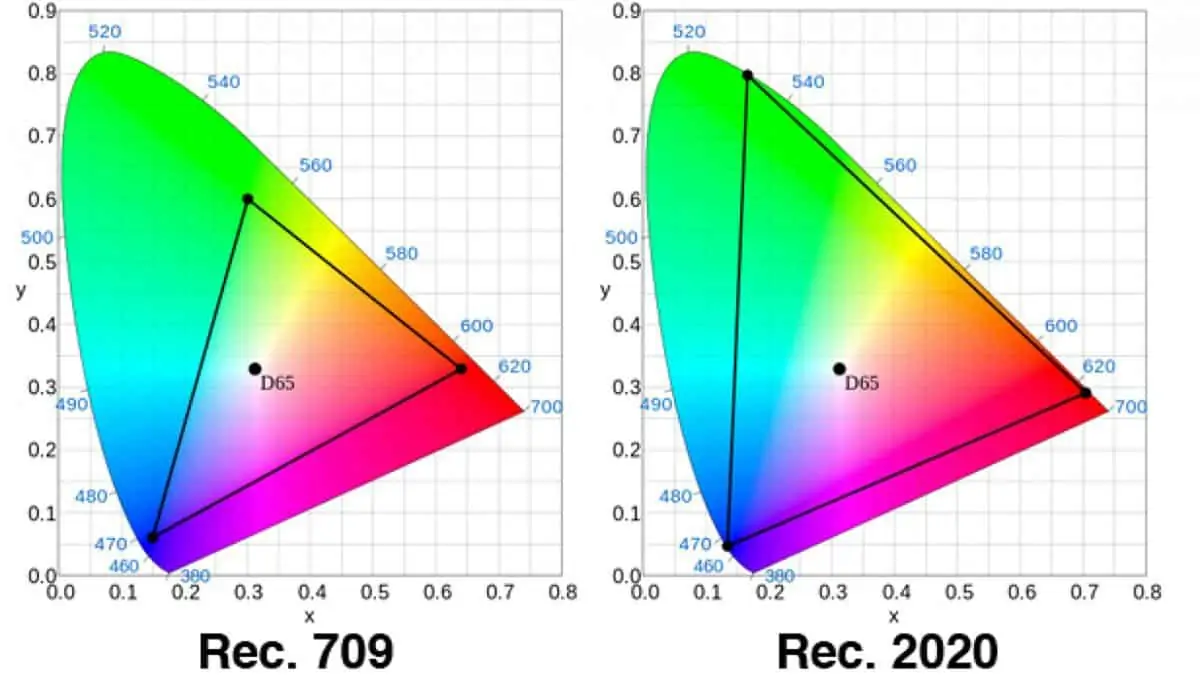
Creating and Applying Looks & LUTs
Gives an understanding of the difference between a 'Look' and a 'LUT' and when each could be used. Discusses Rec. 709, low-contrast and custom looks and how to use them for monitoring and post-production. Discusses the use of LUTs for emulation. Seminar led by an experienced DIT or dailies colourist.
Lenses and their Unique Looks
Gives an overview of the various types of modern lenses and optical instruments for cinematography and discusses how they differ in optical qualities and practical use. Introduces basic optical theory including aberration control and recent concerns such as telecentricity. Discusses what to look for in testing and what kind of tests to shoot. Seminar led by a lens designer.
Filtration and Digital Cameras
Gives an overview of the types of filter that are available for cinematography, including discussion of how digital sensors differ from film emulsion in relation to filtration. Discusses spectral sensitivity, infra-red pollution, diffusion, neutral density and polarisation. Seminar led by a filter designer.
Links: www.gbct.org/seminars.html and www.gbct.org/trainingcourses.html

